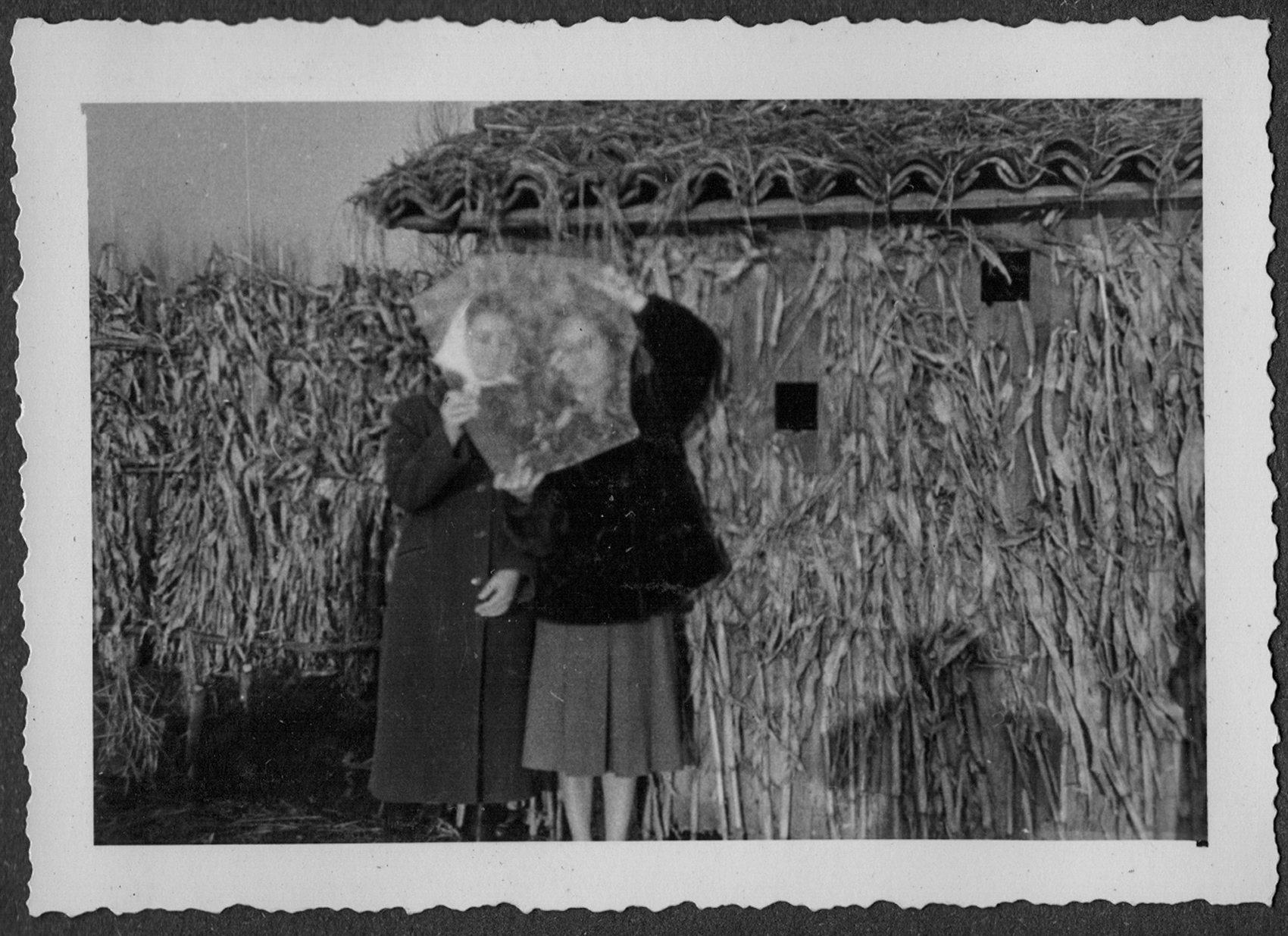Chiara Luxardo
Signorina Marianna
Signorina Marianna (my great auntie) never married but she told me she had two great loves in her life: the countryside and raising honeybees.
I always wondered what made her so optimistic and jolly. Was it her religious faith? Having survived the war? Just character or genetics?
For a couple of years during my university studies we shared a room in her place and became very close. She would always eat the same few things: bread and butter, pastina in broth, chicken breast and zucchini.
It was later when I took up photography and discovered her numerous family albums that we connected even more. She kept, like a treasure, a wonderful collection of films and albums dating from the 1930s onwards captured by herself and other family members. We would often look at these together: she transported me to a different reality. I loved to hear stories about the distant past. When horses were more popular than cars. Of swimming and fishing in the clear waters of our farm’s ditches. Of riding shows, hunting and travel by ship.
Through Marianna I discovered a new way to look at this familiar world of the family farm. She helped me to understand the present from the past and get closer to the people and place where I grew up, with a deeper knowledge of how life used to be and both the traumas and privilege that made my family who they are today.
These two images represent a link between the past and the present. Looking through a veil from one world to another, across a generation of fundamental societal and cultural change represented across the span of my great auntie’s life.
If they could speak to each other what would they say?
![]()
Signorina Marianna
Signorina Marianna (my great auntie) never married but she told me she had two great loves in her life: the countryside and raising honeybees.
I always wondered what made her so optimistic and jolly. Was it her religious faith? Having survived the war? Just character or genetics?
For a couple of years during my university studies we shared a room in her place and became very close. She would always eat the same few things: bread and butter, pastina in broth, chicken breast and zucchini.
It was later when I took up photography and discovered her numerous family albums that we connected even more. She kept, like a treasure, a wonderful collection of films and albums dating from the 1930s onwards captured by herself and other family members. We would often look at these together: she transported me to a different reality. I loved to hear stories about the distant past. When horses were more popular than cars. Of swimming and fishing in the clear waters of our farm’s ditches. Of riding shows, hunting and travel by ship.
Through Marianna I discovered a new way to look at this familiar world of the family farm. She helped me to understand the present from the past and get closer to the people and place where I grew up, with a deeper knowledge of how life used to be and both the traumas and privilege that made my family who they are today.
These two images represent a link between the past and the present. Looking through a veil from one world to another, across a generation of fundamental societal and cultural change represented across the span of my great auntie’s life.
If they could speak to each other what would they say?

Chiara Luxardo is a visual
storyteller who grew up on a farm near Milan, Italy and is now based in
London, UK. Chiara lived and worked in Myanmar from 2015 to 2019, where
she focused on LGBTIQ+ projects and
the organisation of Yangon
Pride. She is a member of the Women Photograph collective and her work explores
identities, relationships and gender issues.
